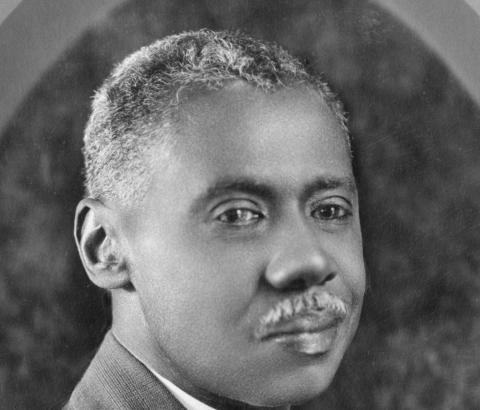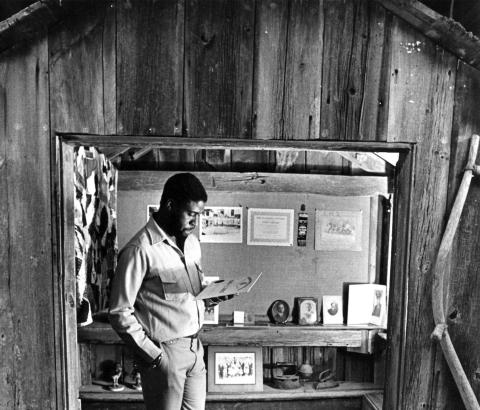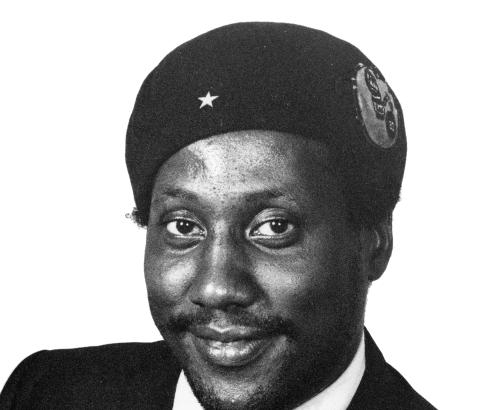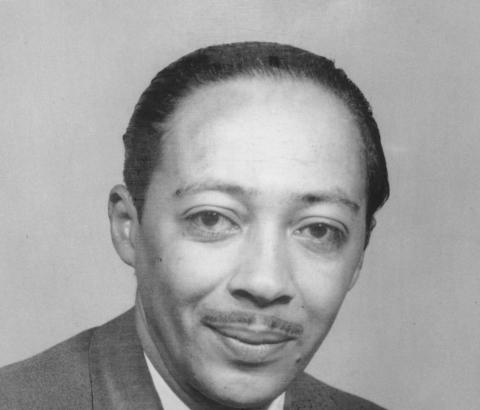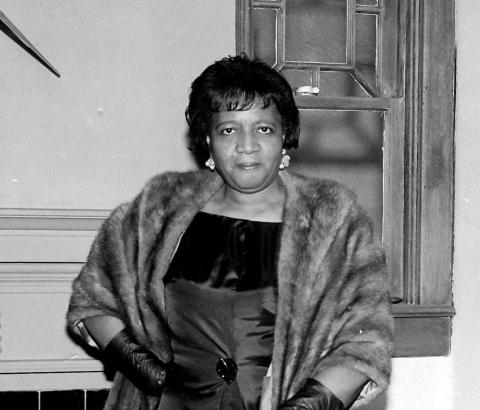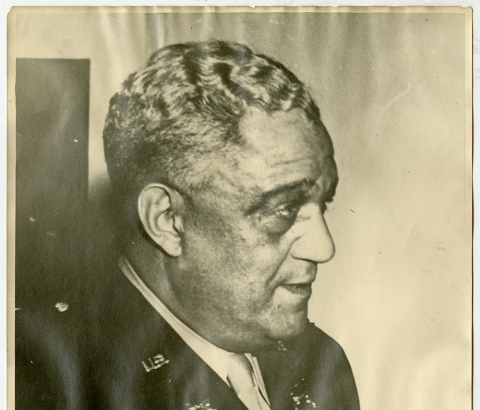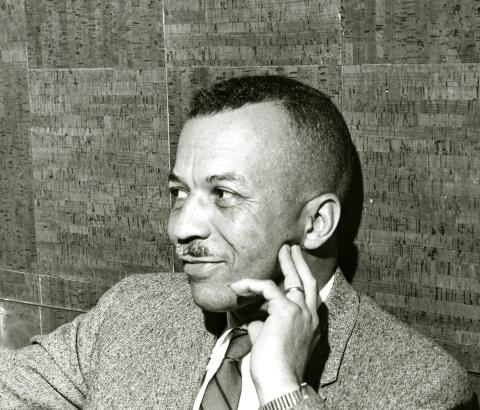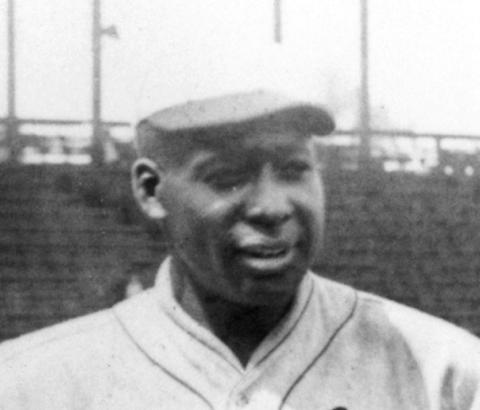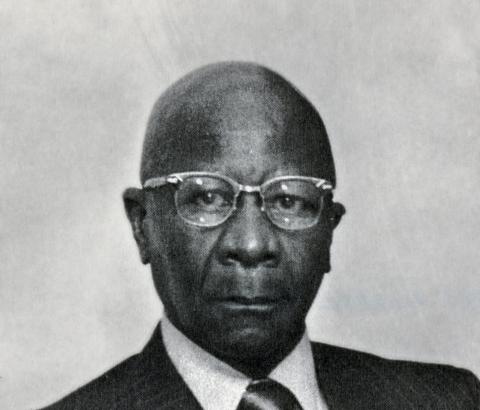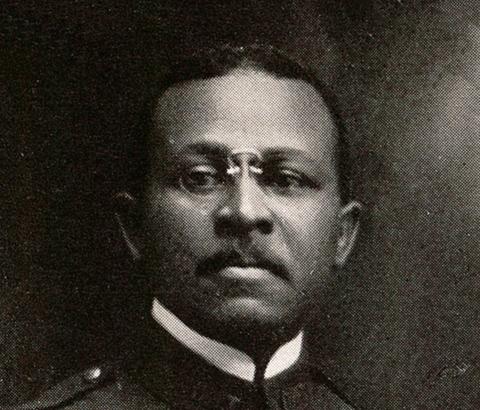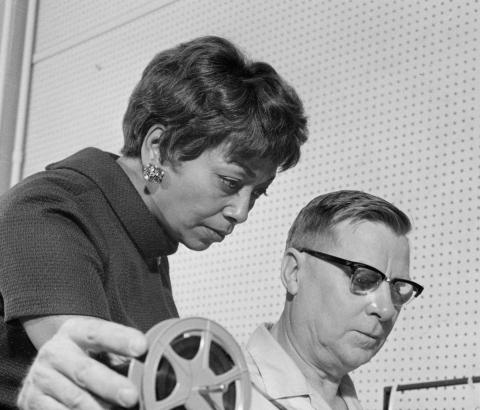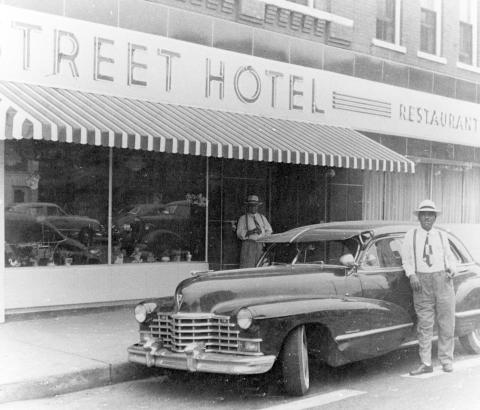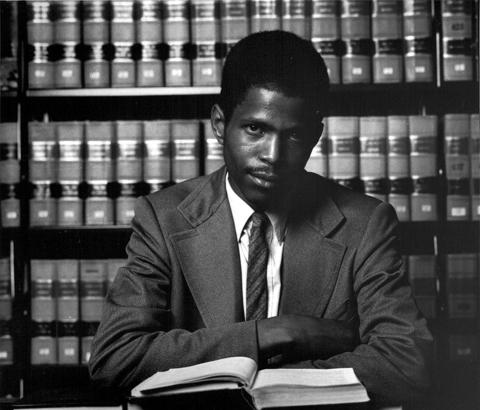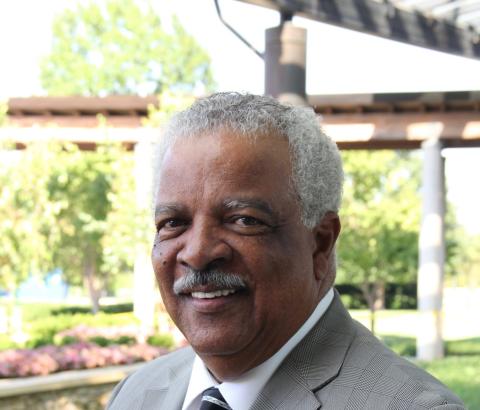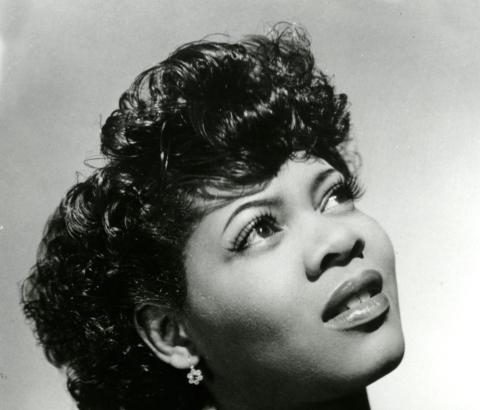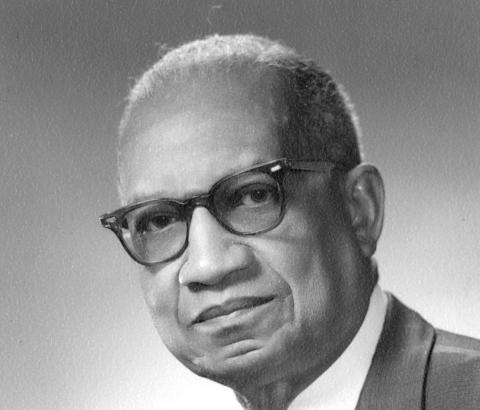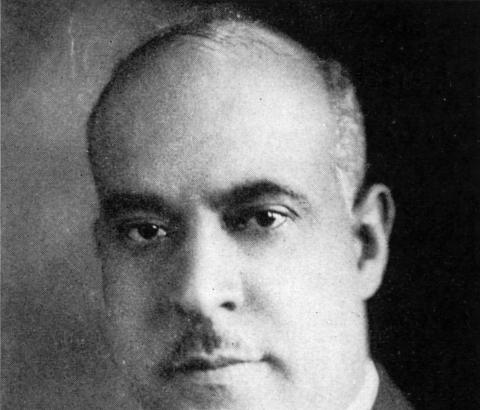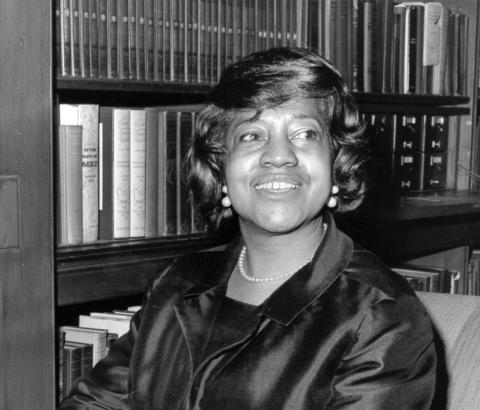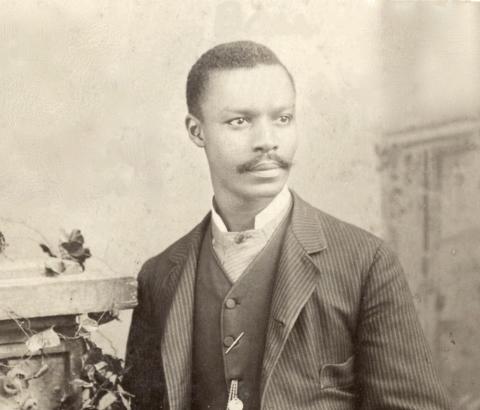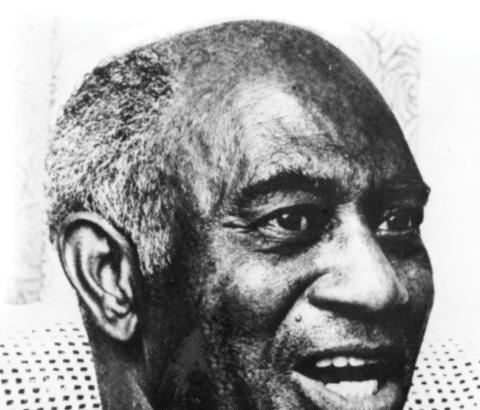Dr. J. Edward Perry dedicated his adult life to providing quality health care to Kansas City’s African American community and advancing opportunities for Black physicians and nurses.
Articles
Peterson was born in Tulsa, Oklahoma, and as a child moved with his family to Kansas City, Missouri. He graduated from Central High School in 1964 and attended Arkansas A&M College in Pine Bluff, Arkansas.
Bernard Powell was a leader in local and national efforts to end racial discrimination and increase the political and economic power of African Americans.
John F. Ramos set two important precedents in Kansas City — he was the first African American to become a board-certified radiologist (in 1950) and the first to take a seat on the Kansas City School Board (in 1964).
Born in Texas, Cloteele T. Raspberry moved to Kansas City at a young age and became a fashion designer and mentor to young women interested in the profession.
Realizing that Black drivers were as swept up as anyone in the automobile craze of the 1920s, Homer B. Roberts became one of the first nation’s first African American car dealers.
NEW!
Dr. Samuel U. Rodgers dedicated his life to providing health care to those who needed it most.
Charles Wilber “Bullet” Rogan was one of the greatest players in the history of the Negro Baseball Leagues, a multifaceted star who earned enshrinement in the Baseball Hall of Fame.
Henry Warren Sewing founded the Douglass State Bank, the first bank owned and operated by African Americans in the Midwest.
Maj. N. Clark Smith was a prominent musician, composer, and instructor and one of the most accomplished African American bandmasters of the early 20th century.
Journalist and civil rights advocate Lena Rivers Smith was one of the first African American women to work as a television news reporter in the Midwest.
Reuben and Ella Street were prominent restaurateurs and hotel proprietors in Kansas City for nearly half a century.
Human rights activist Alvin Sykes devoted his life to helping those wronged by the U.S. justice system. In 1981, he sought justice for Steve Harvey, a Black musician who was beaten to death at Penn Valley Park in a racially motivated attack. Sykes rose to national prominence in the early 2000s when he took up the Emmett Till case.
Described as barreling through life blind to failure, Bailus M. Tate Jr. worked his way up from shoveling coal in the basement of Kansas City Power and Light, retiring 33 years later as the utility giant’s vice president of human resources.
Singer Myra Taylor is recognized as one of the last great performers from Kansas City’s jazz heyday of the 1930s.
Thomas dedicated his life to education and public service. Born in Kansas City, Kansas, he graduated from Sumner High School and later earned B.A. and M.A. degrees from the University of Chicago.
Physician, hospital administrator, newspaper publisher, and civil servant William J. Thompkins helped found General Hospital No. 2 in Kansas City, the first U.S. hospital staffed entirely by African Americans.
Leona Pouncey Thurman was the first African American woman to practice law in Kansas City. Born in Russellville, Arkansas, Thurman became interested in the legal profession after moving to Kansas City in 1931 and working as secretary for attorney James D. Pouncey.
Lafayette Alonzo Tillman is remembered most for being one of Kansas City’s first African American police officers.
Melvin B. Tolson became the first Poet Laureate of the Republic of Liberia. Born in Moberly, Missouri, Tolson spent his junior and senior years at Kansas City’s Lincoln High School.

